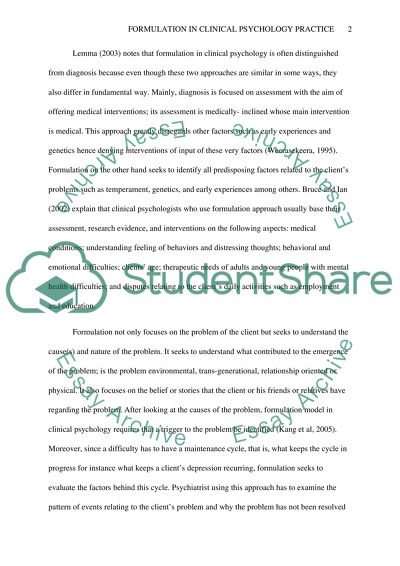Cite this document
(“Formulation in Clinical Psychology Practice Assignment”, n.d.)
Retrieved de https://studentshare.org/psychology/1443080-what-is-formulation-as-used-in-clinical-psychology
Retrieved de https://studentshare.org/psychology/1443080-what-is-formulation-as-used-in-clinical-psychology
(Formulation in Clinical Psychology Practice Assignment)
https://studentshare.org/psychology/1443080-what-is-formulation-as-used-in-clinical-psychology.
https://studentshare.org/psychology/1443080-what-is-formulation-as-used-in-clinical-psychology.
“Formulation in Clinical Psychology Practice Assignment”, n.d. https://studentshare.org/psychology/1443080-what-is-formulation-as-used-in-clinical-psychology.


